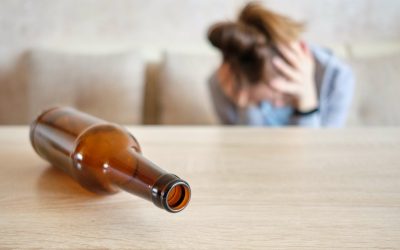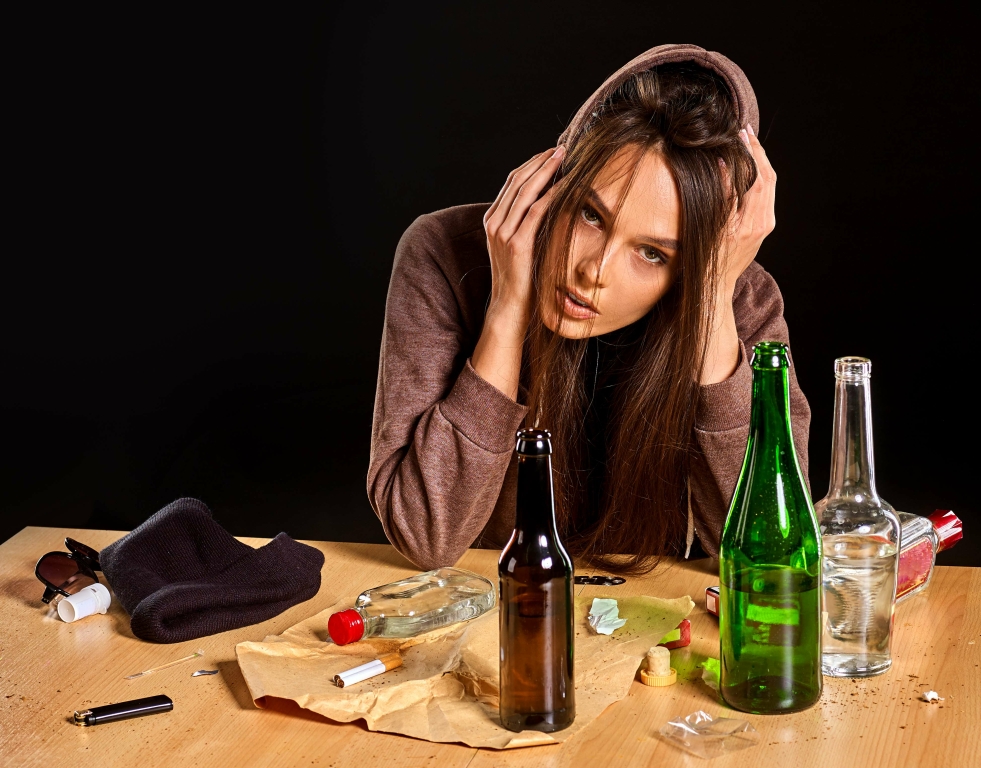For opioid use disorder, treatment may start with 25 mg to check for withdrawal, increasing to 50 mg if tolerated. Naltrexone is non-addictive and doesn’t cause withdrawal symptoms upon cessation. However, it requires detoxification before use, and stopping it increases opioid sensitivity, which leads to overdose. Extended-release naltrexone is particularly effective in reducing relapse rates and overdose risks, especially in correctional settings. Naltrexone treats addiction by blocking opioid and alcohol receptors in the brain, reducing cravings and the rewarding effects of substance use. In 2021 alone, alcohol led to over 31,000 treatment admissions in NJ, second only to heroin.
Missed Dose
Patients with psychosis, dementia, andsecondary psychiatric diagnoses were excluded from these studies. Patients with addictive disorders, especially opioid addiction, are at risk for multiple numerous adverseevents and abnormal laboratory findings, including liver function abnormalities. Data from bothcontrolled and observational studies suggest that these abnormalities, other than the dose-relatedhepatotoxicity described above, are not related to the use of naltrexone hydrochloride.
Description for Naltrexone Hydrochloride Tablets
It’s often combined with another medication; bupropion (also known as the brands Wellbutrin or Aplenzin), which is used to treat depression, smoking cessation, and sometimes ADHD or weight loss. It’s important to keep in mind that naltrexone’s effects are usually more intense in heavier drinkers. However, that’s likely because light drinkers have a lower baseline of cravings and the “reward” it produces. It’s a new program that gives qualified applicants access to compounded naltrexone with the full personalized care of our Sunnyside habit change program. If you’re curious about naltrexone, we encourage you to learn more here.
- Naltrexone hydrochloride blocks the effects of opioids by competitive binding (i.e., analogous tocompetitive inhibition of enzymes) at opioid receptors.
- We’ll give you weekly plans to gradually reach your drinking goals, and we’ll provide nudges, coaching, exercises, and advice to help you get there.
- It’s designed to be used after you’re clear of opioids in your system and are past the withdrawal phase of recovery.
- As with alcohol, it’s best used in combination with talk therapy.
Patient Information for Naltrexone Hydrochloride Tablets
After 3-6 months, the naltrexone will be tapered off, although some individuals may benefit from long-term MSR. When utilized in conjunction with psychotherapy and other continuing care efforts, naltrexone can help reduce opioid or alcohol cravings during the early months of recovery. To learn more about the use of naltrexone in substance use recovery, read on. Although certain medicines should not Drug rehabilitation be used together at all, in other cases two different medicines may be used together even if an interaction might occur. In these cases, your doctor may want to change the dose, or other precautions may be necessary. When you are receiving this medicine, it is especially important that your healthcare professional know if you are taking any of the medicines listed below.
- Contact us today to schedule an initial assessment or to learn more about our services.
- Tell your healthcare provider if you are breastfeeding or plan to breastfeed.
- This may not be a complete list of medicines that can interact with naltrexone.
- Naltrexone is a non-addictive medication that is commonly used for the treatment of alcohol use disorder and opioid use disorder as a medication-assisted treatment (MAT) option.
- Naltrexone belongs to a group of drugs called opioid antagonists.
The main benefits of naltrexone are lowered risk of relapse, reduced cravings, and no addictive potential. Naltrexone injection comes as a solution (liquid) to be given by injection into the muscle of the buttocks by a healthcare provider once every 4 weeks. Your cost for naltrexone will depend https://ecosoberhouse.com/article/naltrexone-side-effects-uses-and-risks/ on your treatment plan and insurance coverage. You may also have to pay for an office visit with a doctor to receive an injection of naltrexone or a prescription for the pill form. Klag emphasized that while naltrexone is suitable for many people who live with alcohol use disorder, it’s not recommended for everyone.

It helps reduce cravings and blocks the rewarding effects of both substances, making relapse less likely. The mechanism of action of naltrexone involves blocking mu-opioid receptors, reducing the effects of opioids, and decreasing cravings for both opioids and alcohol. It binds to opioid receptors in the brain, primarily mu, with lesser effects on kappa and delta, so opioids or alcohol no longer trigger the usual dopamine-driven high. Patients with intense alcohol cravings during treatment may experience greater medication benefit than patients with low levels of alcohol craving (Monterosso et al., 2001).
Health Conditions
- “Self-help groups are not a professional treatment, but they can provide people with ongoing support and accountability,” said Heinzerling.
- Naltrexone’s efficacy is modest, but it is significantly better than placebo in most studies, and some patients benefit from naltrexone therapy.
- To learn more about your treatment options, including inpatient facilities that utilize naltrexone, contact a treatment provider today.
It’s not known whether naltrexone should be taken during pregnancy. If you’re planning a pregnancy or can become pregnant, talk with your doctor before taking this medication. The following lists contain some of the key side effects that may occur while taking naltrexone. With addiction, a drug is taken even if it’s causing harmful outcomes. The Food and Drug Administration (FDA) hasn’t approved naltrexone for weight loss or pain.
Because it aids in improving compliance rates, the pellet form of naltrexone treatment has gained popularity among treatment programs. This medicine may cause a serious allergic reaction called anaphylaxis, which can be life-threatening and requires immediate medical attention. Call your healthcare provider right away if you have a rash, itching, hoarseness, trouble breathing, trouble swallowing, or any swelling of your hands, face, or mouth while you are using this medicine. Naltrexone can be used safely with non-opioid medications, including those for mental health (like antidepressants) or general health conditions. However, it should never be combined with opioid-based medications as doing so can lead to serious side effects or block the medication’s intended effects.

However, it’s best to use naltrexone as part of a comprehensive plan for medication-assisted treatment that includes counseling, therapy, a 12-step program, or other support. Other research has found naltrexone leads to fewer thoughts about alcohol, less interest in daily drinking and heavy drinking, and reduced appeal of alcohol. While there are other approaches to reducing alcohol cravings, naltrexone is one of the most effective. If your doctor has directed you to use this medication, your doctor or pharmacist may already be aware of any possible drug interactions and may be monitoring you for them. Do not start, stop, or change the dosage of any medicine before checking with your doctor, health care provider or pharmacist first.


